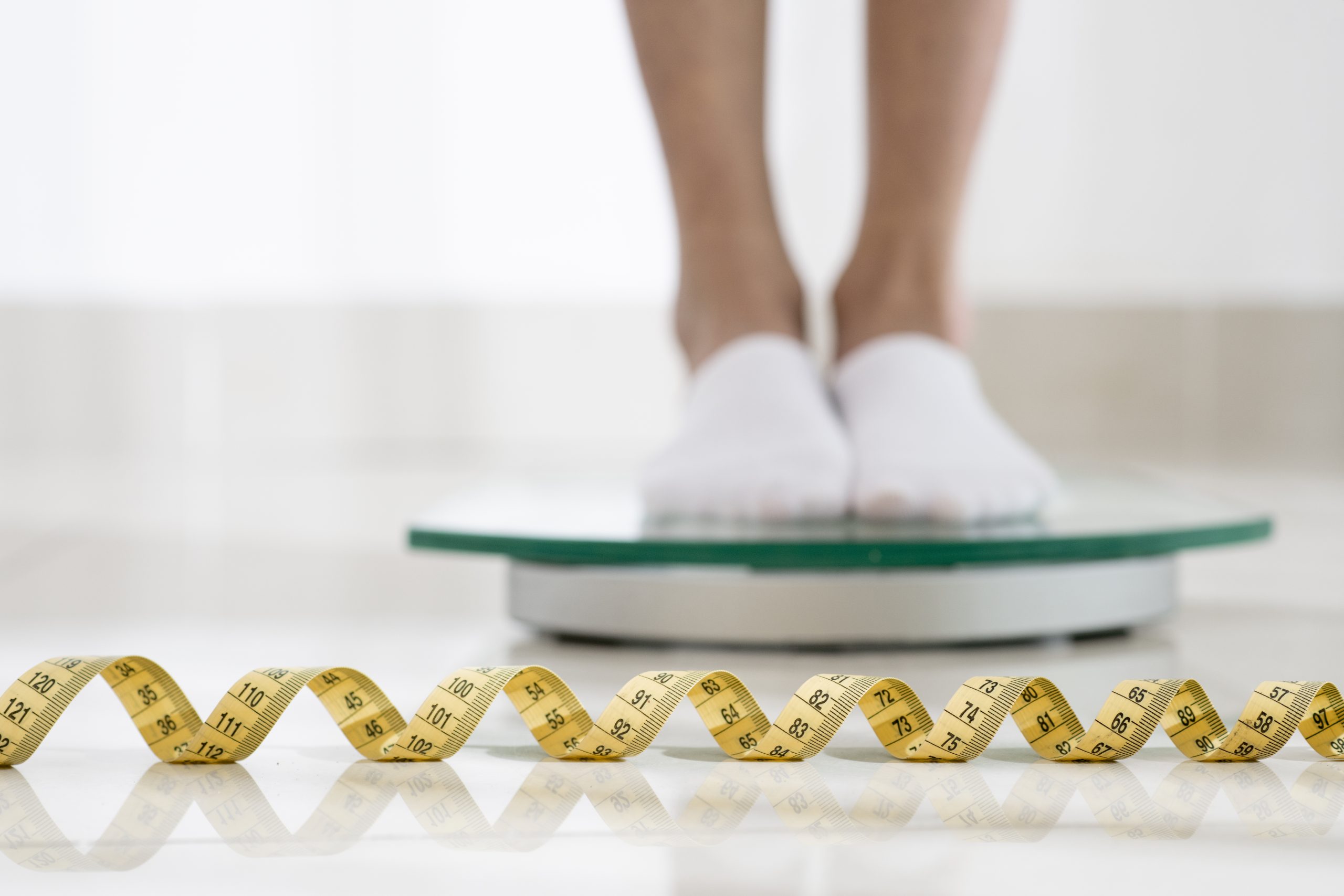
In today’s fast-paced world, accuracy and efficiency are no longer optional; they’re essential. Whether it’s tracking body weight, measuring ingredients in the kitchen, or managing heavy loads in warehouses, digital weighing scales have become indispensable tools in homes and businesses alike. At Militon Scale Co, we understand the evolving needs of consumers and industries, offering cutting-edge digital weighing solutions that combine precision, durability, and modern design.
Let’s break down why digital scales are the go-to choice, what features make the best models stand out, and which ones are worth your investment in 2025.
Precision is more than a technical feature, it’s a necessity. In health, it affects how we track fitness goals or medical requirements. In culinary settings, even a small error in measurement can throw off a recipe. And in commercial operations, inaccurate measurements can lead to financial losses or compliance issues.
Digital weighing machines offer a higher level of accuracy than traditional analog systems. With features like auto-calibration, high-precision sensors, and digital readouts, even minimal differences in weight can be detected, ensuring dependable results every time.
The market is full of options, but the right scale for you should balance performance with functionality. Here are the key features to look out for:
Battery Backup or Rechargeable – Rechargeable digital weighing scales with battery backup offer extended usage and convenience.
When it comes to home use, simplicity and compact design are key. The best digital weighing scales for home use offer lightweight construction, easy-to-read displays, and enough capacity for daily tasks.
Look for models with:
Some newer smart weighing scales even sync with your phone to track progress over time.
Kitchen accuracy can make or break a meal. Digital kitchen scales with gram and ounce modes, touch-sensitive controls, and spill-resistant surfaces are perfect for meal prepping, baking, and dietary tracking.
Top features include:
Budget-friendly models still offer excellent performance, making them a smart addition to any cooking routine.
If you’re working on your health goals, having a digital weighing scale for body weight is a must. Today’s fitness scales go beyond just measuring kilograms—they offer body composition analysis, measuring metrics like BMI, water weight, and fat percentage.
Top fitness scale features:
Body weight digital scales that pair with smartphones can provide week-by-week comparisons, helping you track progress visually and stay motivated.
For commercial and industrial applications, robustness and capacity are vital. Industrial digital weighing scales are designed to handle frequent use, large loads, and rough environments.
Consider these when choosing an industrial model:
Electronic weighing scales in this segment must comply with industry standards for precision and safety, making them ideal for warehouses, factories, and distribution hubs.
In the age of smart homes, digital weight machines are keeping up. Smart scales integrate with fitness apps, making it easier than ever to monitor health trends.
Smart scale highlights:
These digital weighing machines are ideal for people serious about managing their health data in a tech-friendly way.
Buying a digital scale isn’t just about picking the one with the most features. It’s about choosing one that suits your lifestyle or work environment.
Here’s what to consider:
Even the most accurate scale can give faulty readings if not maintained properly. Here’s how to keep your scale in top shape:
Whether you’re using electronic weight machines at home or in an industrial setting, basic maintenance can go a long way in ensuring reliability.
In the search for dependable weight measurement tools, digital weighing scales stand out for their accuracy, smart features, and adaptability across different environments. Whether you’re tracking fitness goals, cooking to perfection, or weighing heavy loads in a warehouse, there’s a perfect scale out there for your needs.
Militon Scale Co is proud to provide high-quality digital weighing machines designed for real-life applications whether at home, in the kitchen, at the gym, or on the shop floor. With our range of smart weighing scales, portable digital weighing scales, and industrial digital weighing scales, accuracy and reliability are just a click away.
If you’re ready to upgrade your weighing experience, browse our selection of trusted digital solutions at militonscale.com.
Q1: What is the most accurate weighing scale?
High-precision electronic weighing scales with sensors that detect micro-changes in weight tend to offer the best accuracy. Brands like Militon Scale Co offer models with precision up to 0.1g.
Q2: How often should I calibrate my digital scale?
For personal or kitchen use, calibration once every few months is typically fine. In industrial settings, more frequent calibration is recommended.
Q3: Can I use the same scale for food and body weight?
It’s not recommended. Digital weight measuring devices are optimized for different ranges and levels of precision depending on their purpose.
Q4: Are all smart scales accurate?
Most are accurate for weight, but body composition metrics may vary slightly. Always refer to medical-grade devices for clinical accuracy.
